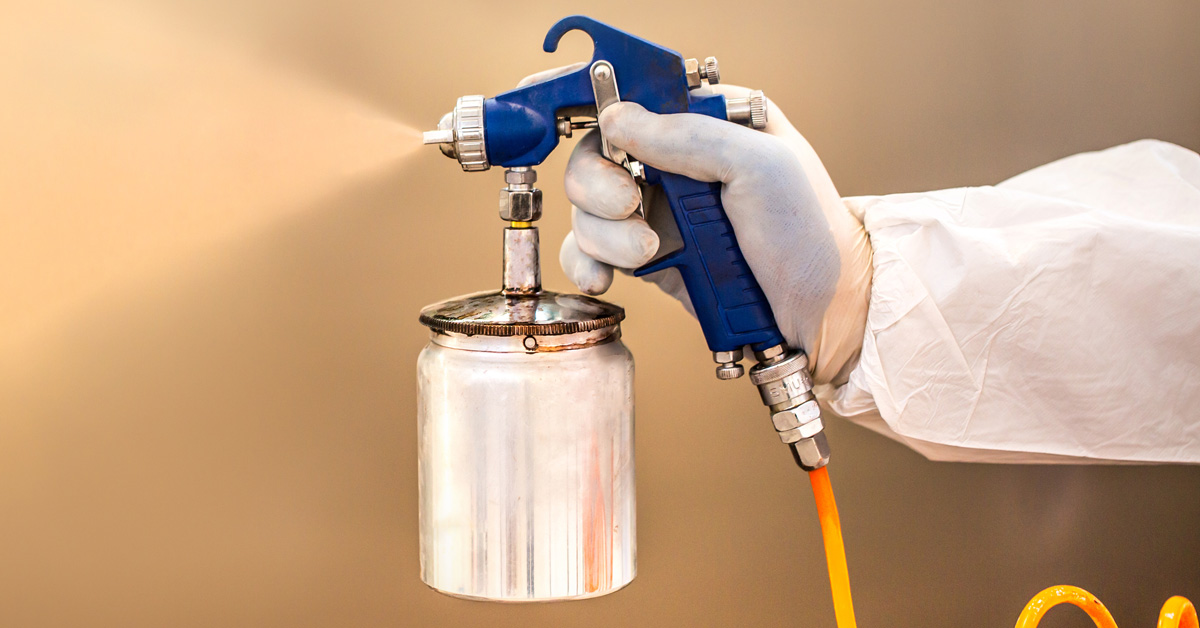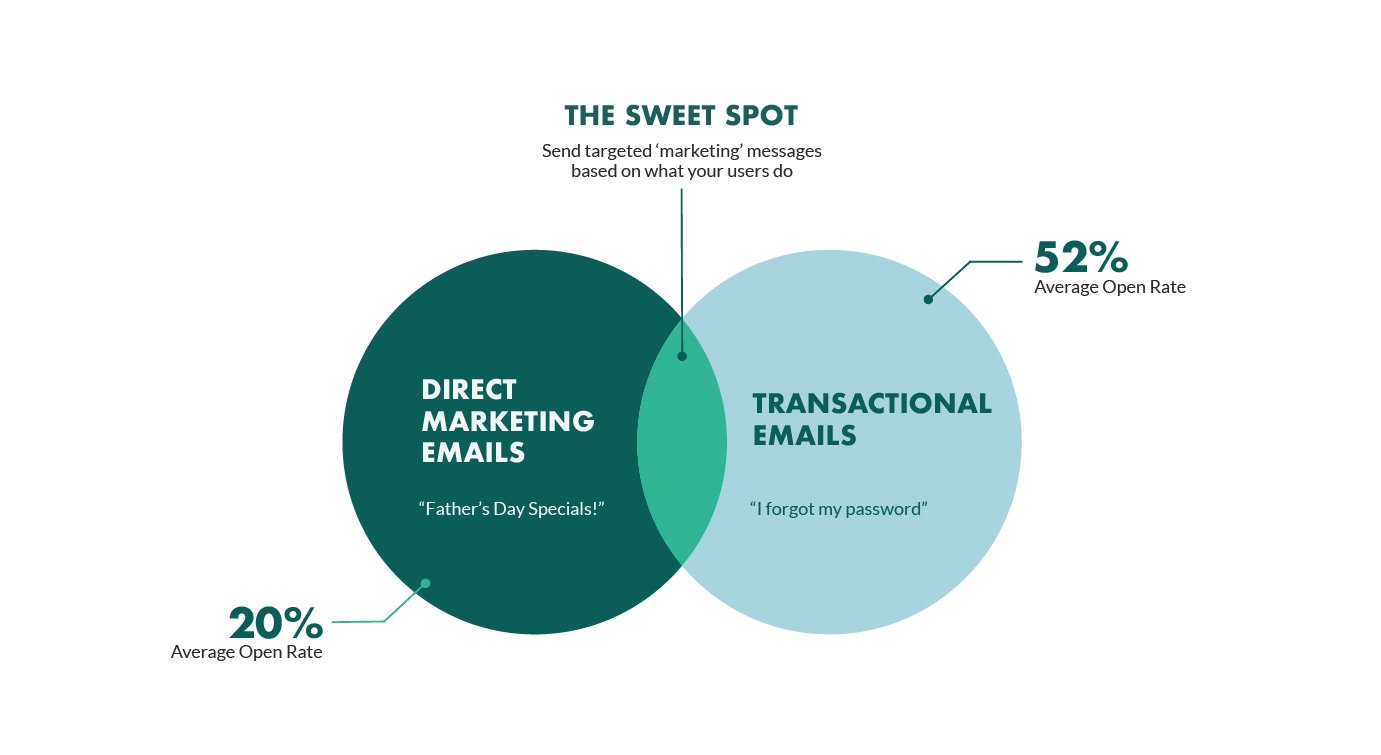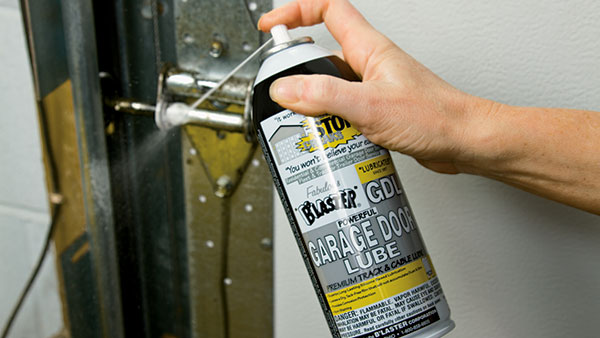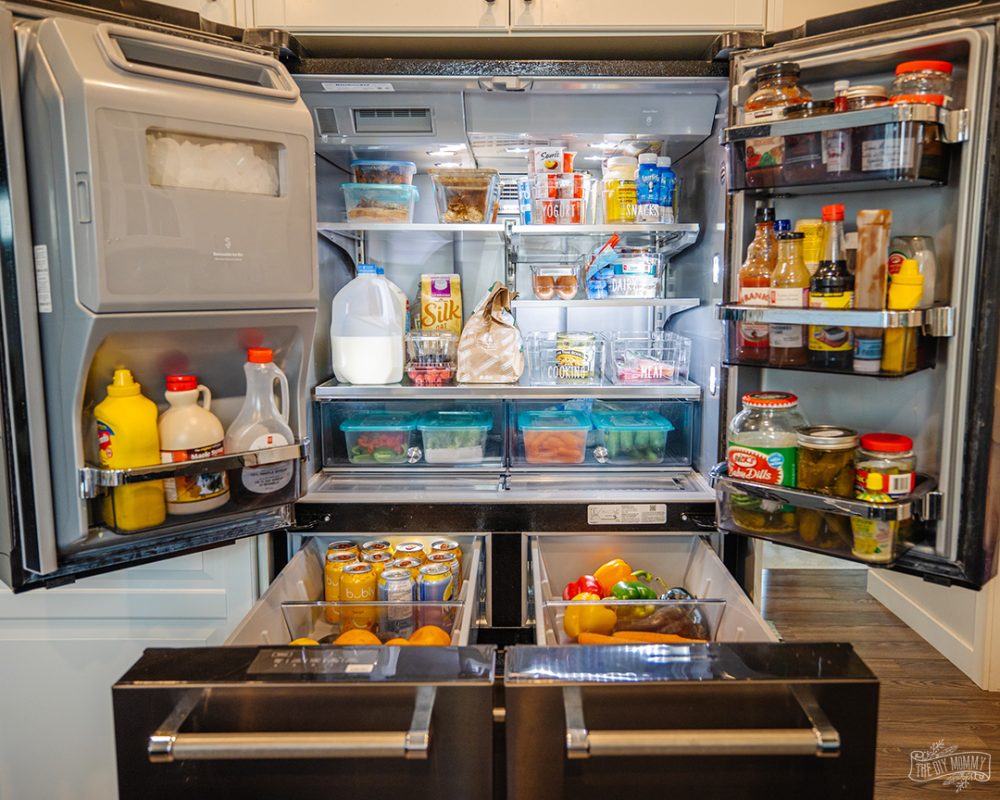
Dispose of Hazardous Waste: Responsible Methods
Household hazardous waste requires careful disposal to protect both the environment and human health. In this guide, we’ll explore responsible methods for disposing of these materials, ensuring a safer and cleaner living environment.
Understanding Household Hazardous Waste
Household hazardous waste includes products with potentially harmful ingredients, such as chemicals, electronics, batteries, and certain cleaning agents. Proper disposal is essential to prevent these substances from contaminating landfills, groundwater, and ecosystems. Identifying these materials in your home is the first step towards responsible disposal.
Check Local Regulations and Collection Programs
Before disposing of household hazardous waste, research and understand local regulations and collection programs. Many municipalities offer specific collection days or drop-off locations for hazardous materials. Check with your local waste management authority or visit their website to find out about available programs in your area.
Separate and Label Materials Properly
When storing hazardous materials for disposal, separate them from regular household waste. Use clearly labeled containers to avoid confusion. Ensure that containers are tightly sealed to prevent leaks or spills. Proper separation and labeling facilitate the efficient and safe disposal of these materials.
Dispose of Paints and Solvents Responsibly
Paints and solvents are common household hazardous waste items. To dispose of them responsibly, consider donating excess paint to community projects or using paint recycling programs. If neither option is available, follow local guidelines for drying out paint cans and disposing of them with regular household waste.
Battery Disposal: Recycle or Recharge
Batteries, whether rechargeable or single-use, contain hazardous materials. Many communities have battery recycling programs that accept various types. Rechargeable batteries can often be returned to retailers or specific collection sites. Always check for local options to responsibly dispose of batteries.
Electronic Waste Recycling
Electronic waste, or e-waste, includes items like old computers, smartphones, and electronic appliances. Many areas have designated e-waste recycling centers where these items can be safely processed. Take advantage of these facilities to prevent hazardous components from ending up in landfills.
Proper Medication Disposal
Unused or expired medications can be harmful if disposed of improperly. Many pharmacies and local law enforcement agencies provide drug take-back programs. Follow their guidelines for medication disposal or check for specific community collection events. Never flush medications down the toilet, as it can contaminate water sources.
Pesticide and Chemical Disposal Guidelines
Garden pesticides and household chemicals should be disposed of with care. Research local guidelines for their proper disposal. Often, community collection events or hazardous waste disposal facilities accept these items. Consider using eco-friendly alternatives to reduce the need for hazardous chemicals.
Manage Hazardous Waste from Construction Projects
Home improvement projects often generate hazardous waste, such as paint thinners, adhesives, or construction debris. Plan ahead and identify disposal options for these materials. Many waste management facilities have specific guidelines for construction-related hazardous waste.
Stay Informed and Educate Others
Staying informed about responsible disposal methods is essential. Share this knowledge with friends, family, and neighbors to create a collective commitment to responsible waste management. The more people who adopt proper disposal practices, the greater the positive impact on the environment.
Conclusion: A Shared Responsibility for a Cleaner Future
Disposing of household hazardous waste responsibly is a shared responsibility that contributes to a cleaner and safer living environment. By understanding local regulations, separating materials, and utilizing available collection programs, individuals can actively participate in minimizing the impact of hazardous waste on our communities and ecosystems.
For more detailed guidance on disposing of household hazardous waste responsibly, visit mimimises.org for expert tips and additional resources.







